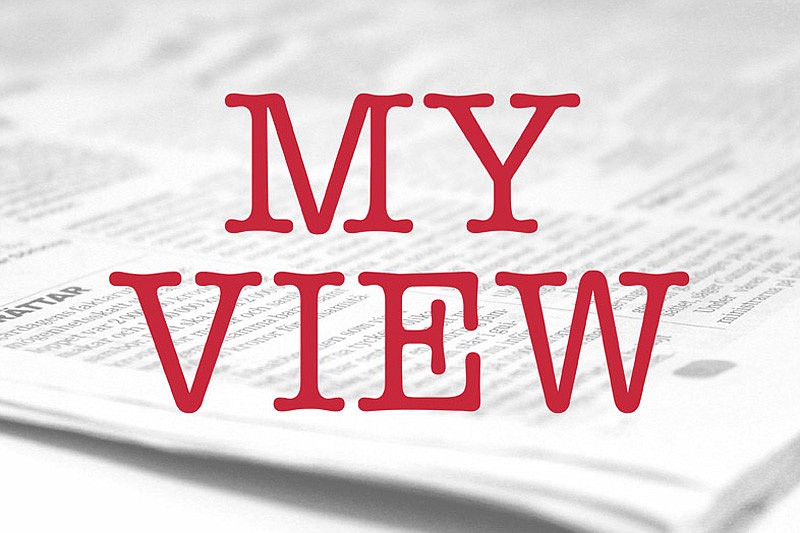- April 16, 2024
-
-
Loading

Loading

It was too much to ignore.
A Page One story in a recent edition of our Sarasota daily newspaper purported to show how requiring public employees to contribute 3% of their income toward their pensions — effectively meaning a 3% pay cut — will hurt Sarasota’s economy.
It said: “State budget cuts will begin draining millions of dollars out of the local economy this month as government employees see their paychecks shrink.
“The average government worker in Sarasota, Manatee and Charlotte counties will lose $1,151 annually to the state … In the Sarasota area alone, the nearly 21,000 workers who participate in the Florida Retirement System will lose a combined $24 million a year.”
The story goes on to say all of this “draining” of money will “drag” down the economic recovery.
Let’s set aside the rather revelatory fact that Sarasota, Manatee and Charlotte counties alone have 21,000 state and local government workers — not even including federal employees. Instead, let’s look at the fuzzy economics in this report.
There were three ways to fill the $3 billion gap in the state’s budget this year: Raise taxes, cut spending or a combination of both. Florida is not the federal government. It cannot print money. And it cannot operate with a deficit. By state constitutional mandate, the Legislature must balance its budget every year.
The Legislature wisely chose to cut spending and not increase taxes. And one way it did this was to stop funding 100% of government employees’ pension plans with your tax dollars. It chose to require state employees to begin contributing 3% of their income toward their own pensions.
This choice, in turn, eliminated the need to require other taxpayers — residents, tourists and businesses — to pay more. In fact, in theory, they will be paying less in taxes than the year before.
Look at it this way:
Every dollar of taxpayer money the Legislature spends on state employees, it collects in taxes from elsewhere in Florida. If the Legislature had decided to raise taxes to close the budget gap, it would have taken more money from you to give to state employees’ pension plans.
The winners in the tax-raising scenario: state employees. They would earn the same as before and have the same amounts going into their pension plans — but paid by others.
The losers: taxpayers. Higher taxes mean they would have even less to spend on their own needs as before; they would be contributing to the pension plans. This would be the “drain.”
The pension plans, meanwhile, would still have the same amount of money coming in to invest elsewhere and help spur the economy.
Now flip the scenario to what actually is about to happen: State employees will contribute 3% of their earnings to the pension plans.
Are they losers? Employees, to the extent they have less immediate spending money, but they are still winners because that 3% of income is still theirs. They traded spending today for savings for tomorrow.
The winners: taxpayers. They will have more money than before and will not have to subsidize or transfer their earnings to state workers’ pension plans.
As for the state pension plans, they will still have the same amount of funds coming in to invest in the economy.
So, while some may call the 3% pension contribution by state employees a “drain” on the economy, it isn’t a drain at all. The 3% state employees contribute to their pension plans stays in the economy.
That money is savings. And those savings — in the form of pension funds — are invested in the economy, increasing economic activity and, presumably, increasing the wealth and net worth of the state employees who one day will receive those pensions.
This reminds us of the French economist Frederic Bastiat, who coined the phrase “the seen and unseen.” It’s easy to see state employees will have 3% less to spend today. The unseen — the fuzzy part to many — is that money is still theirs and still in the economy. There is no “drain.”
Rod Thomson can be reached at: [email protected].